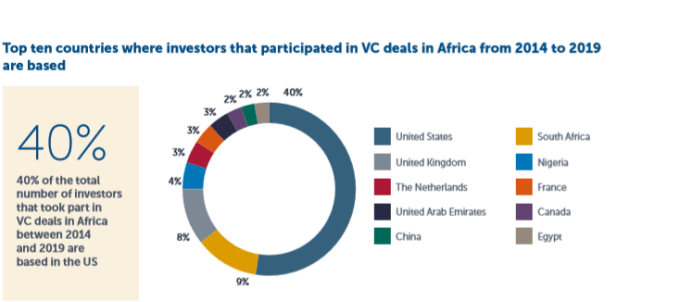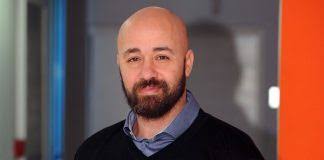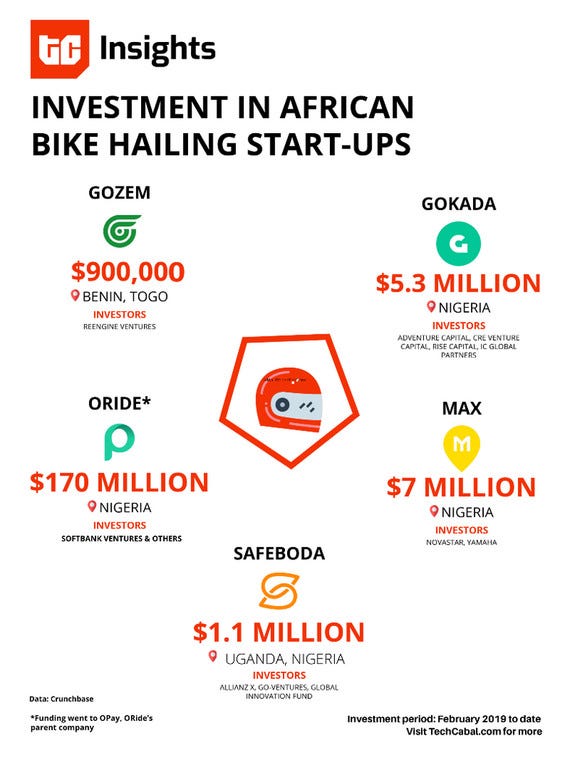Tunisian Bike-hailing Startup IntiGo Raises $1 Million From Local VC Firm Capsa Capital

Investors are returning to Africa’s bike-hailing startup ecosystem this year, starting with Tunisia’s IntiGo. However, it looks like, this time, local investors, such as Capsa Capital Partners, would be taking the lead. A new $1 million in funding had been added to the ride-hailing and logistics startup IntiGo’s total fundraise, bringing the total money so far by raised by the startup to $1.6 million.
Here Is What You Need To Know
- Intigo’s latest investment came from local investment firm Capsa Capital Partners. The VC firm invested about $710,000 while some $300,000 came from angel investors in earlier in 2020. Another $300,000, had earlier in November, 2019 been invested into the startup by some angel investors.
- The startup will commit part of the investment into hiring more resources and building out its internal R&D team.
- It also plans to use the investment to explore deeper into its existing product categories, as well as other market opportunities, including car sharing.
- Apart from InstiGo, there are several other locally founded bike-hailing startups across Africa, such as the East Africa-focused Safebodas, Algeria’s Tem-Tem, and Nigeria-based MAX.ng and Gokada, although the road to regulating bike-hailing innovations has been heavily foggy.

Why The Investor Invested
Founded in 2012, Capsa Capital Partners is a Tunis-based asset management company that provides financial and strategic support to unlisted companies and especially those with strong growth potential.

Apart from investing, the VC also prefers to sit on the boards of its portfolio companies, providing both administrative and supervisory roles. In 2018, the VC firm made a seed round investment in the Tunisian robotics startup Enova Robotics. The investment was valued at $1.6M. Bassem Bouguerra, co-founder and CEO of IntiGo said having an institutional investor, like Capsa Capital Partners, on board is a strong validation of their business model and value proposition.
“We are convinced that each deal is unique: markets evolve, management styles change, companies are transformed…We share an avant-garde vision with regard to the problem of transfer — takeover of companies and we are fully aware of the problem of market fragmentation. We will consolidate the markets while optimizing the synergies that may result in order to maximize the creation of potential value through our investments,” the company noted on its website.
A Look At What IntiGo Does
- Founded in late 2019 by Bassem Bouguerra and Nebil Jridet, IntiGo, headquartered in Tunis, started as a motorcycle sales business, but has since expanded to other categories of services, including different types of delivery.
- The motorcycles (scooters) of the IntiGo network are the property of the startup, but the drivers are not part of its employees. They pay rent and a 20% commission on each trip, to IntiGo. It currently has a network of more than 50 bikes which are used for both transport and delivery services. The Tunisian startup launched its food delivery and concierge services in March earlier this year.
- The concierge delivery service allows users to book an IntiGo attendant to do their groceries on time for around 12 TND ($ 4) per hour and the grocery delivery service allows grocery stores to deliver groceries to their clients. Orders are taken and prepared by the points of sale themselves, delivery being provided by IntiGo.
- IntiGo made 12,000 trips per month before Covid-19. Its transportation business has been hit hard by the pandemic (since a containment device was in place), but transportation business is slowly picking up and it plans to open its doors to independent drivers (with their own motorcycles) this month.
Charles Rapulu Udoh

Charles Rapulu Udoh is a Lagos-based lawyer who has advised startups across Africa on issues such as startup funding (Venture Capital, Debt financing, private equity, angel investing etc), taxation, strategies, etc. He also has special focus on the protection of business or brands’ intellectual property rights ( such as trademark, patent or design) across Africa and other foreign jurisdictions.
He is well versed on issues of ESG (sustainability), media and entertainment law, corporate finance and governance.
He is also an award-winning writer




